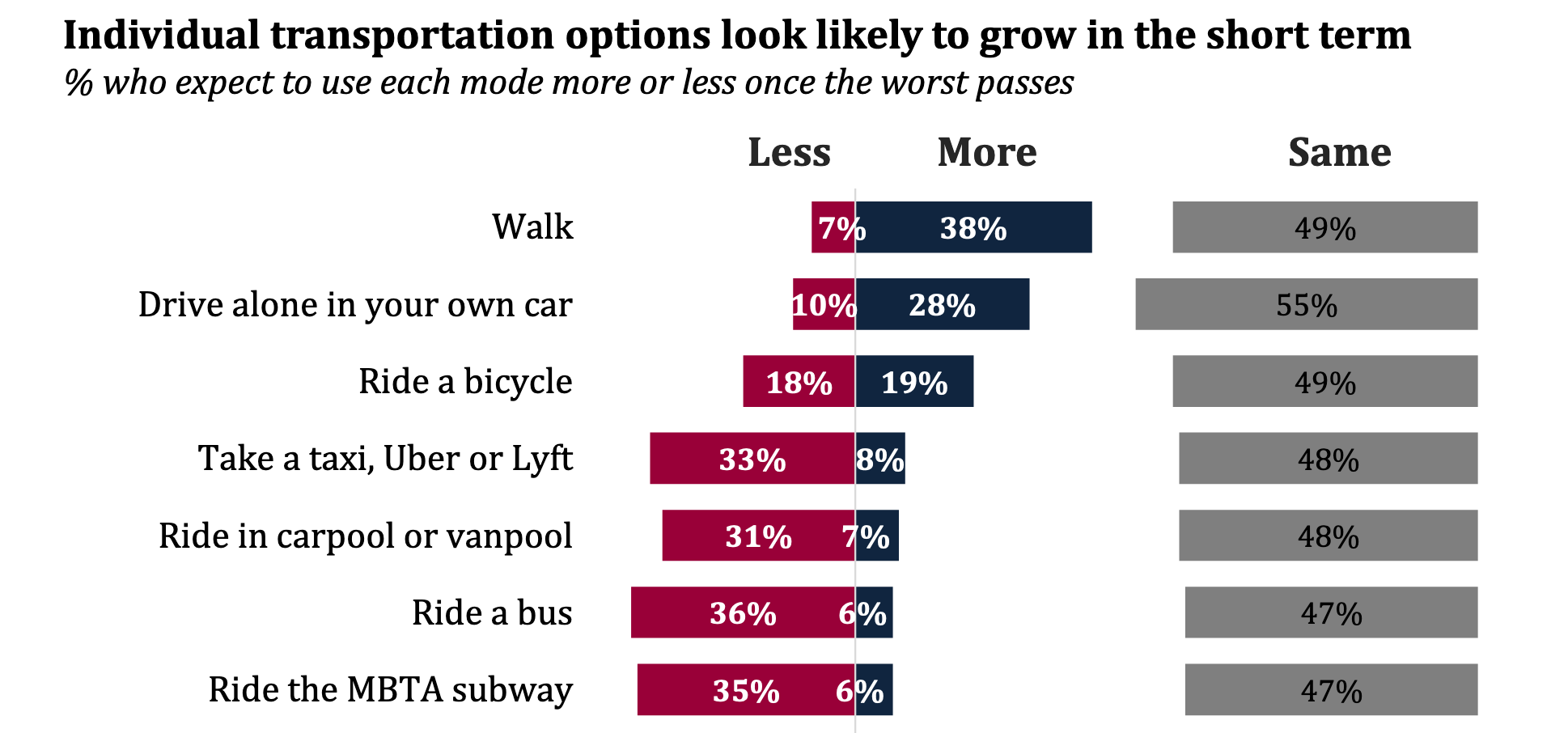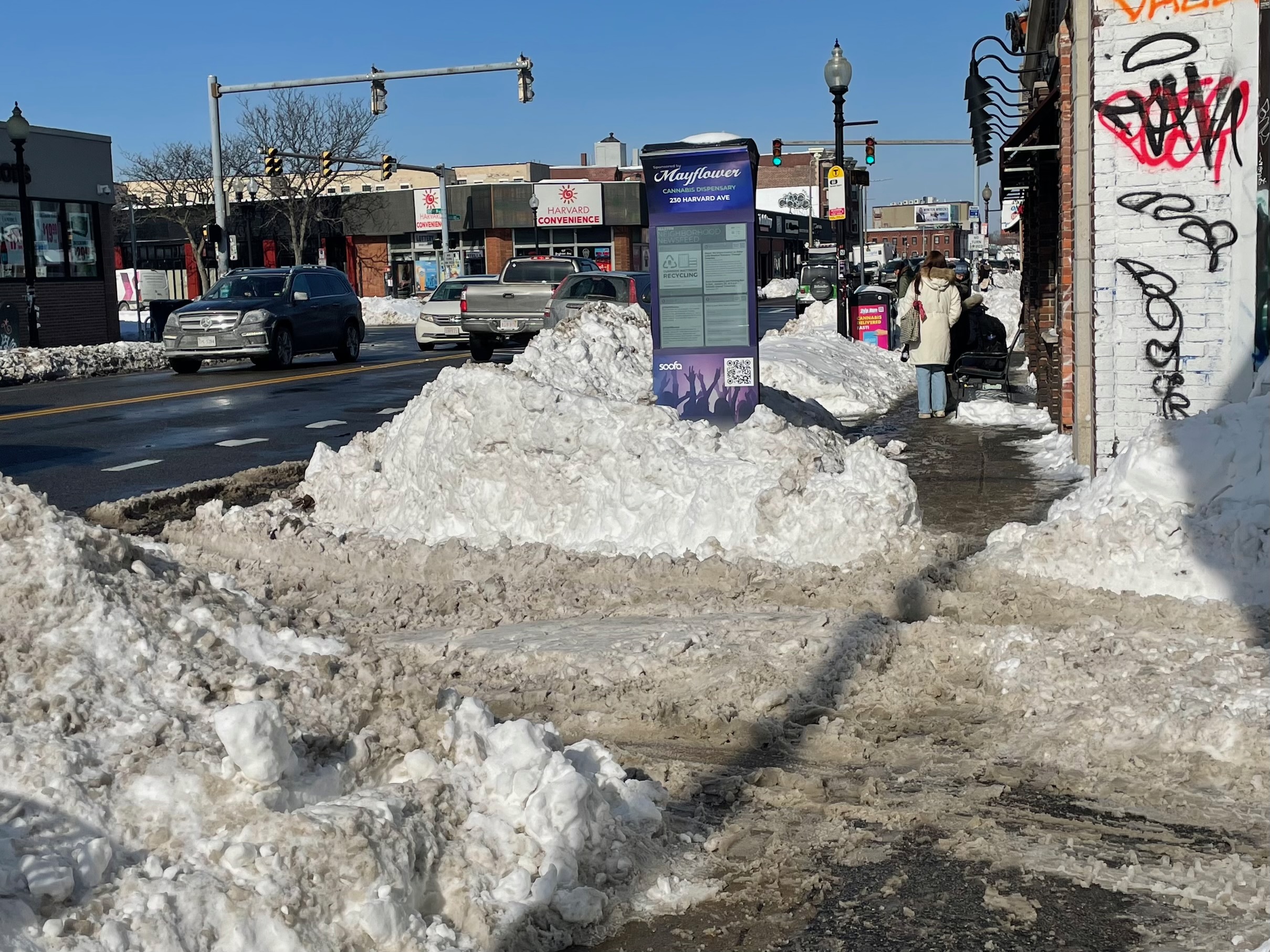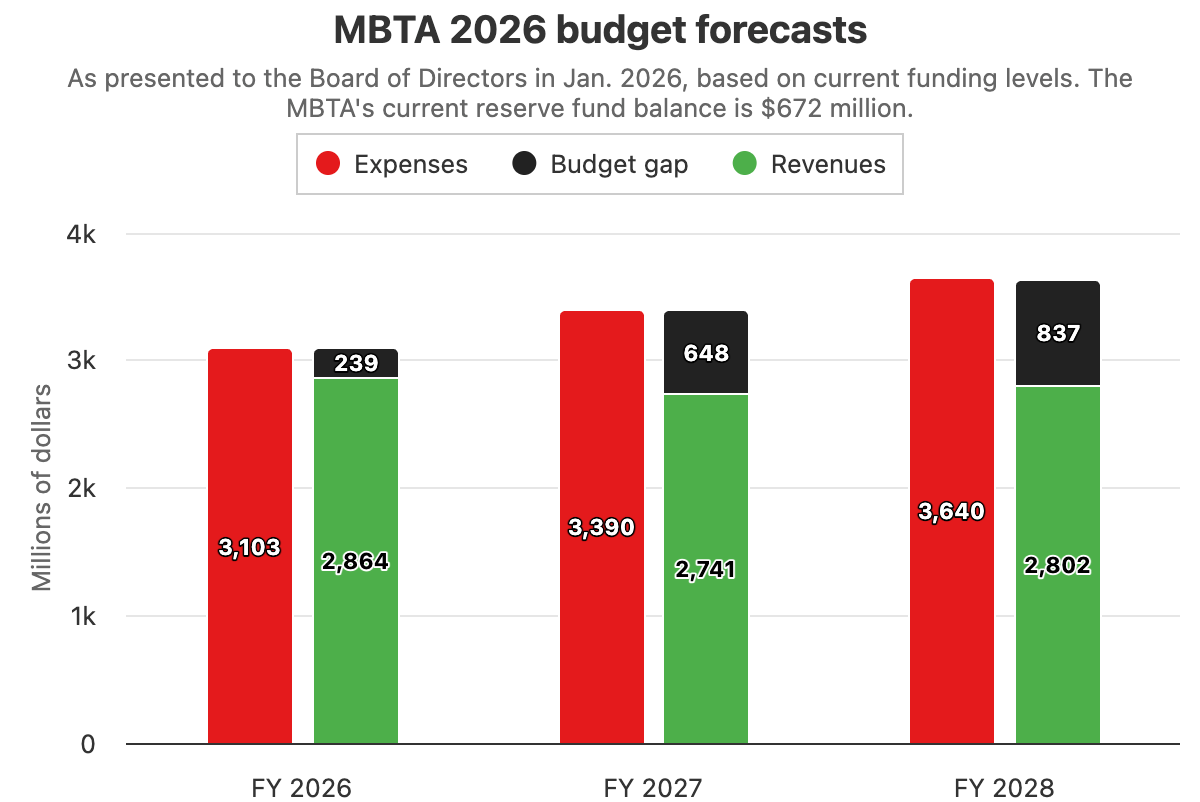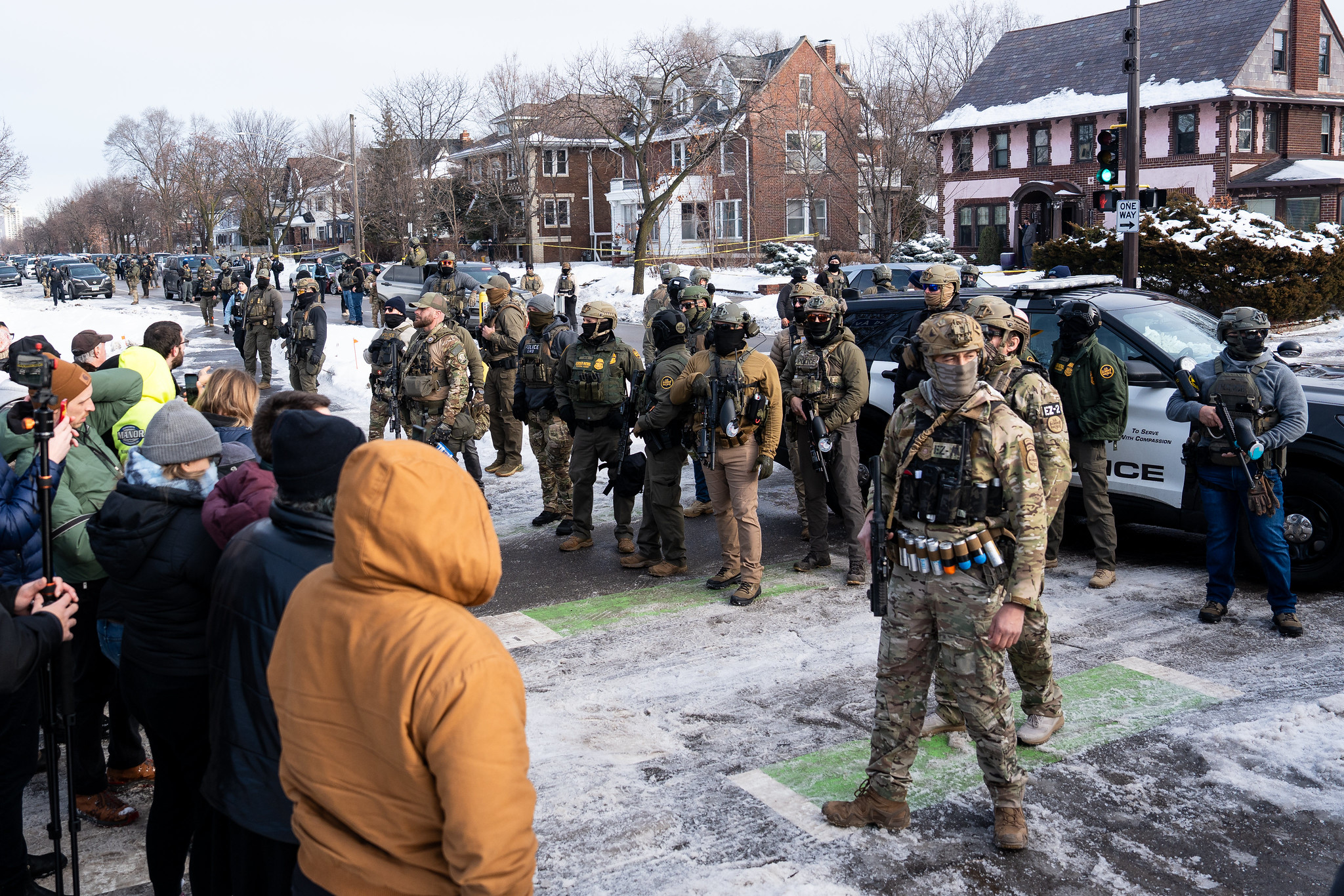A new poll from the MassINC Polling Group shows that many Massachusetts residents expect to make fewer trips once the state begins to reopen this summer, and when they do travel, they expect to ride transit much less often – and walk or drive more – than they did before the pandemic.
MassINC conducted a poll of 1,478 Massachusetts residents earlier this month to survey post-pandemic travel expectations (disclosure: the poll was sponsored by the Barr Foundation, a major financial supporter of StreetsblogMASS).
About 44 percent of all respondents said that they expect to make fewer trips overall after the state begins to reopen, compared to 41 percent who expect to travel about the same amount as before.
When they do travel, respondents generally expected to shift away from shared rides in transit vehicles, carpools, and taxis.
About 38 percent of respondents expected to make more trips on foot when the state reopens, compared to before the outbreak, and 28 percent of respondents said that they expect to drive alone in their own car more often.
35 percent of respondents said that they expect to ride the MBTA subway less, although the poll also found that official efforts to sanitize vehicles and manage crowding could help riders feel comfortable with riding transit again.
“This survey suggests we could see changes all across the system in terms of how people get around, with large swaths of the population planning to do things differently than before,” said Steve Koczela, president of The MassINC Polling Group, in a press release accompanying the poll's publication on Wednesday.
The top-level poll results imply that the Commonwealth's traffic problems could return with a vengeance this summer.
But it's important to remember that hundreds of thousands of Massachusetts residents will not have the option of isolating themselves in private cars when the state reopens. About 14 percent of all households in the greater Boston urbanized area are car-free, according to U.S. Census Bureau estimates. In the core cities of Boston and Cambridge, where traffic problems are most acute, one in three households don't own a motor vehicle.
The survey's more detailed crosstabs reveal that, among the subset of respondents who used public transportation regularly before the crisis, 26 percent expect to make more trips by bike when the state reopens, and 51 percent think that they'll make more trips on foot.
Pollsters also found broad public support for redesigning streets to provide wider sidewalks and protected bikeways – a strategy that's being implemented locally in Brookline and Somerville, and is expected to come to Boston soon.
64 percent of statewide respondents expressed support for that idea, compared to 25 percent who opposed it. Support was even stronger among survey respondents from Boston.






